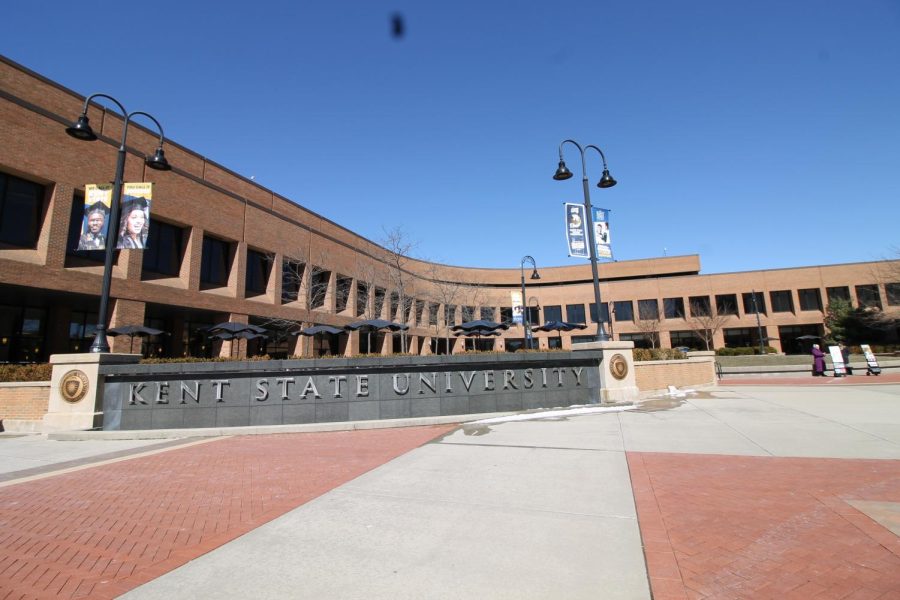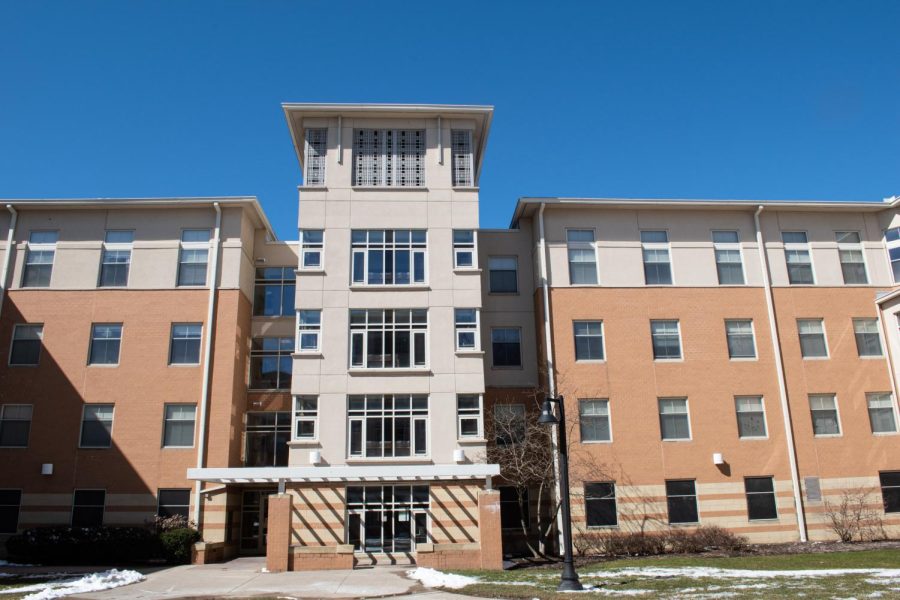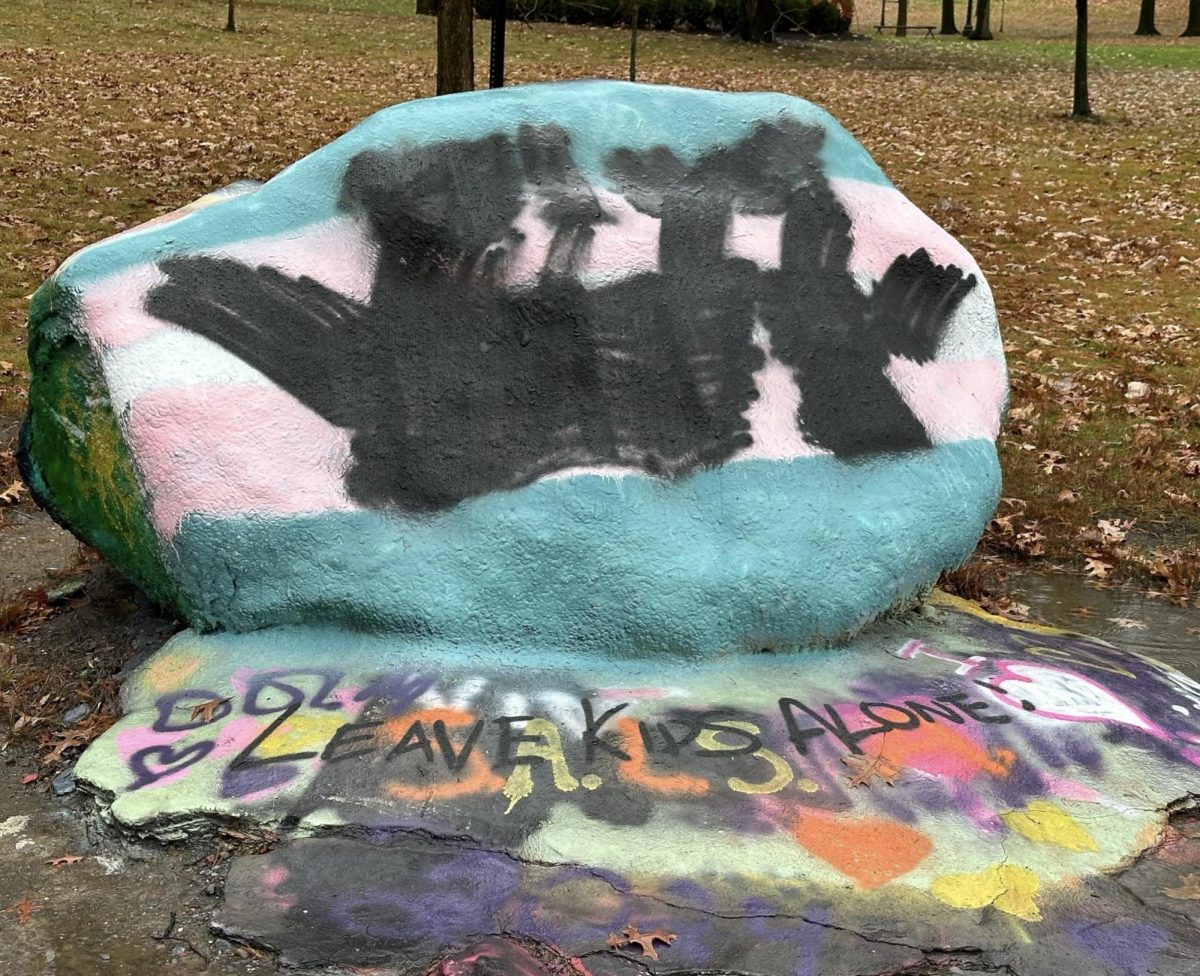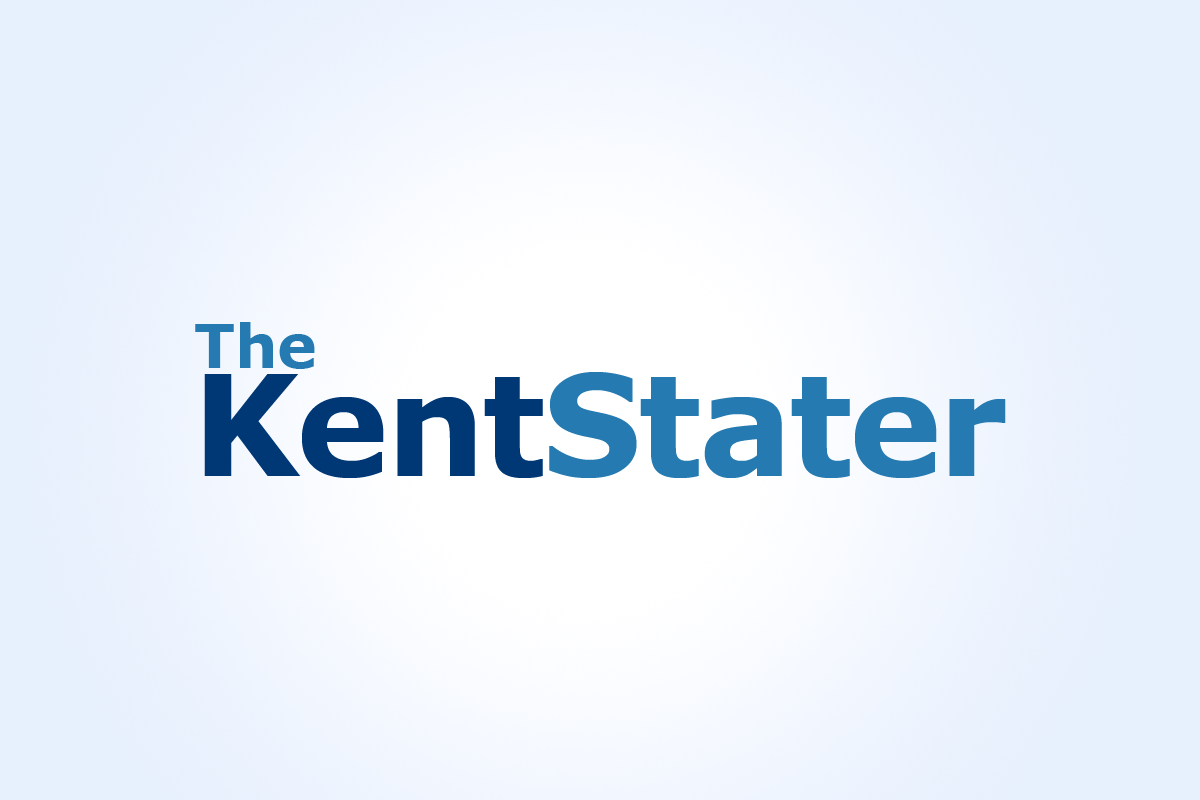The Faculty Senate approved a new charter for an Office of Faculty Ombuds Monday, presented by faculty ombudsperson Shannon Driscoll and Associate Provost of Faculty Affairs Kevin West.
An Ombuds is a service that allows members of an organization or community to seek guidance or resolve issues confidentially. A person who provides guidance to individuals is referred to as an Ombudsperson.
Only the Office of Student Ombuds existed within the university prior to the charter.
The Office of Student Ombuds helps Kent State students, parents, faculty and staff navigate university policies and procedures by giving a space for them to discuss concerns and complaints, while providing explanations, according to the office’s website.
The Office of Faculty Ombuds will allow faculty members to confidentially and informally consult with an Ombudsperson regarding workplace concerns and questions not pertaining to contractual obligations.
According to the Charter Agreement for the Kent State University Faculty Ombuds, the office was created to “help fulfill the University’s commitment to its faculty and to assist with faculty support, faculty retention, improved faculty collaboration and communication and improved faculty experience.”
“The Ombuds offers an informal setting where concerns can be expressed, potential solutions can be explored, resources and referrals can be made, conversations can be facilitated and the faculty member can find ways to proceed that fit their situation,” the charter says. “The Ombuds operates independently as a supplement to existing administrative and formal dispute resolution policies and processes and has no formal decision-making authority, nor is it an office of notice.”
The Ombuds is an impartial advocate for “fair treatment,” meaning it does not take sides in disputes. Due to confidentiality, an ombudsperson “does not act as a witness or offer information in any student conduct or academic appeal proceeding,” according to the website. They also cannot hold investigations or give legal advice, though they are required to report Title IX issues.
President Todd Diacon addressed the university’s budget cuts at the Faculty Senate meeting, saying he has had to reduce the university’s spending between $10 to $25 million every year – except for one – since 2017.
He projected similar cuts must be made over the next four years.
Some cuts the university has already made to save money, as mentioned by Diacon, are:
- Holding commencement ceremonies indoors (saves the university $1.2 million per year)
- Licensing WKSU to Ideasteam Public Media (saves Kent State $450,000 per year)
- Closing Kent Skates (saves $400,000 per year)
The above cuts and others save the university $5 million per year, according to Diacon.
Diacon discussed the university’s reserve fund, which he said can be partly tapped into if the university’s spending exceeds its fiscal year budget. The fund comprises much of the university’s investments, meaning it is not made up of entirely liquid assets (cash immediately available to spend).
“It outta be called ‘cost on hand’ or something like that,” he said.
The reserve fund is valued at $425 million, though its value can change depending on the time of the year.
Diacon also addressed Ohio Attorney General Dave Yost’s statement that race-based scholarships are unconstitutional. According to reporting done by The Record-Courier, Yost’s decision is based on a June Supreme Court decision that ruled affirmative action goes against the Equal Protection Clause of the Fourteenth Amendment.
Diacon said the university will review the scholarships and consider alternative language for donors and other stakeholders.
Faculty Senate Chair Tracy Laux spoke about his concerns for the university’s budget situation.
“As we deal with our financial challenges, it does not include the status quo,” he said.
Laux added that college-age adults in Ohio are decreasing, creating a potential demographic crisis for universities statewide. The superintendent of Akron public schools reported a 50% decrease in the number of students over the last decade.
“This is a tremendous drop off,” Laux said. “The competition amongst colleges has skyrocketed.”
The next Faculty Senate meeting is scheduled for April 9. The meeting will have elections for the Senate Chair and Vice Chair positions.
Michael Neenan is a beat reporter. Contact him at [email protected].








